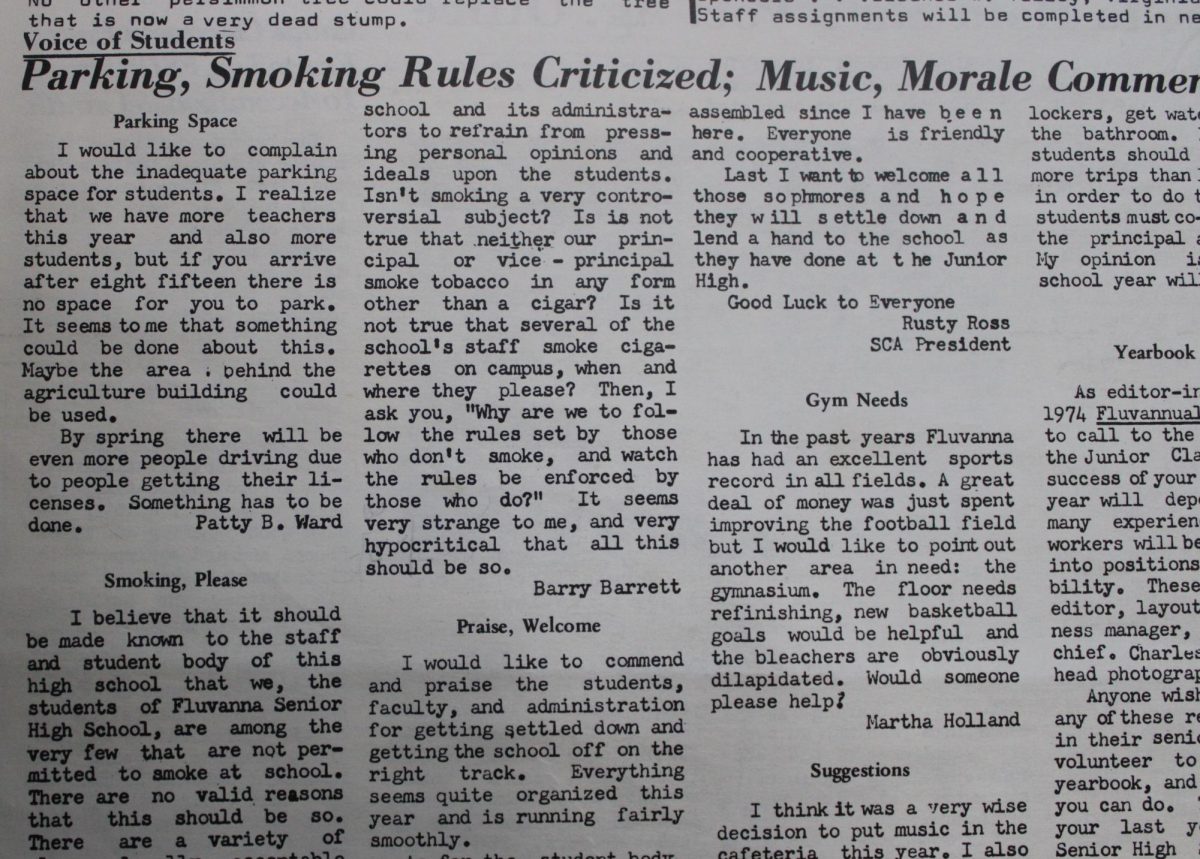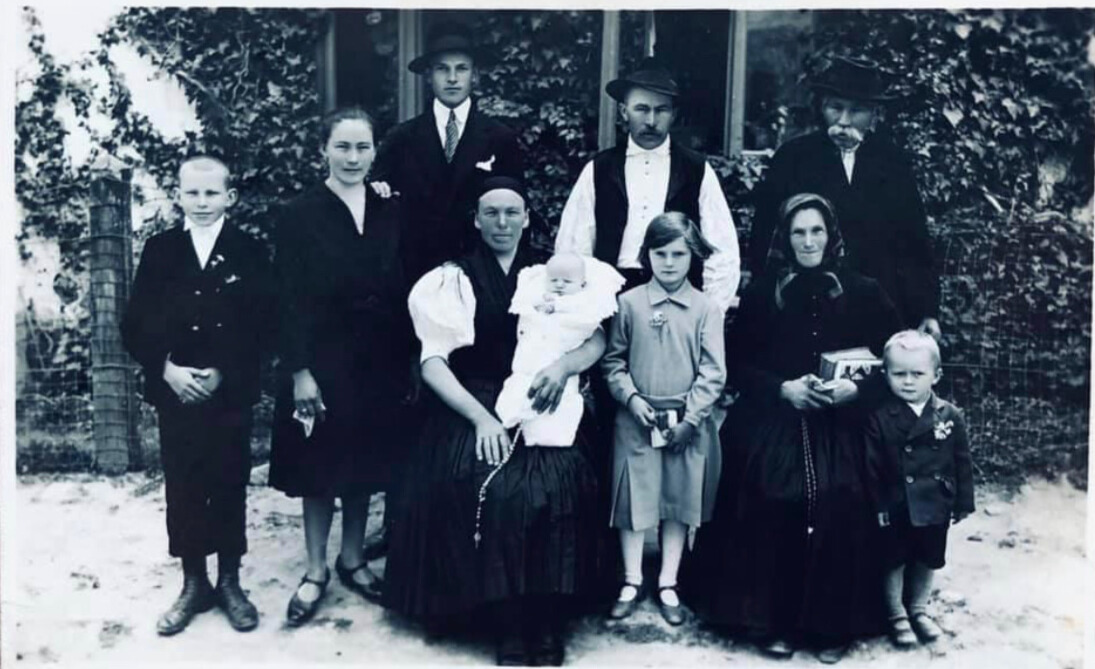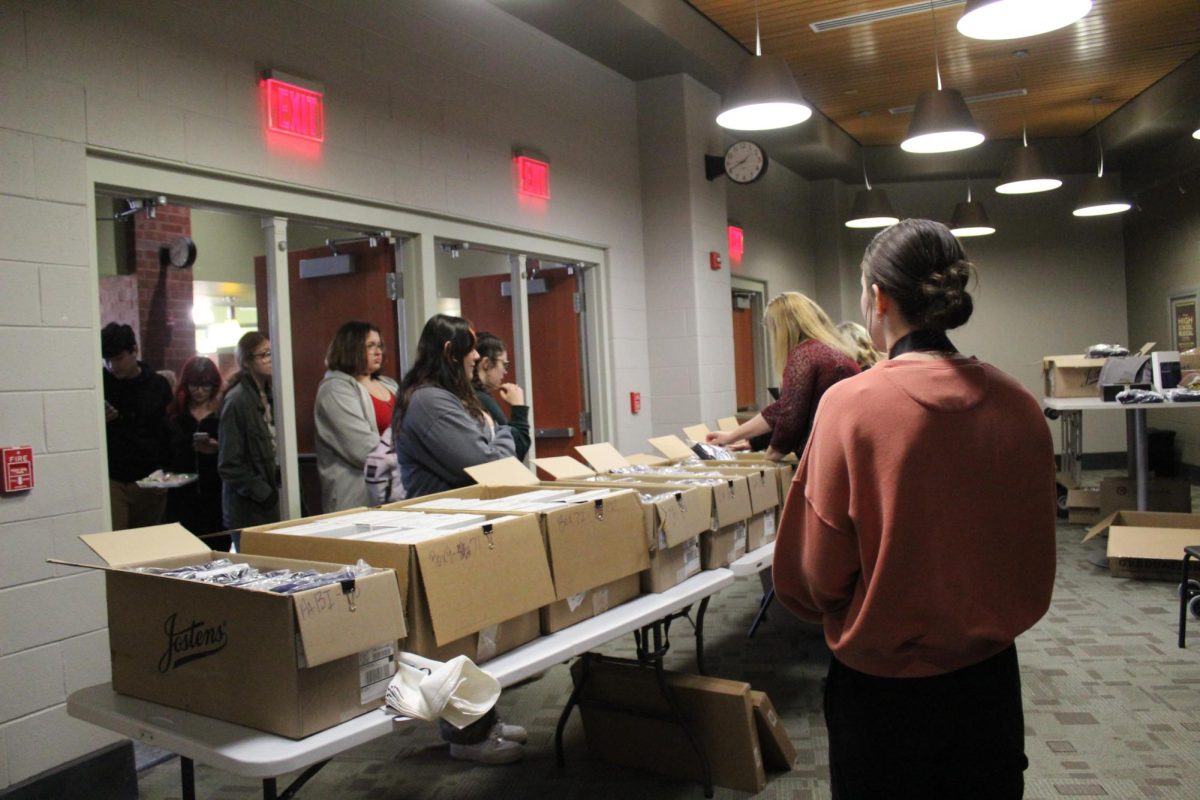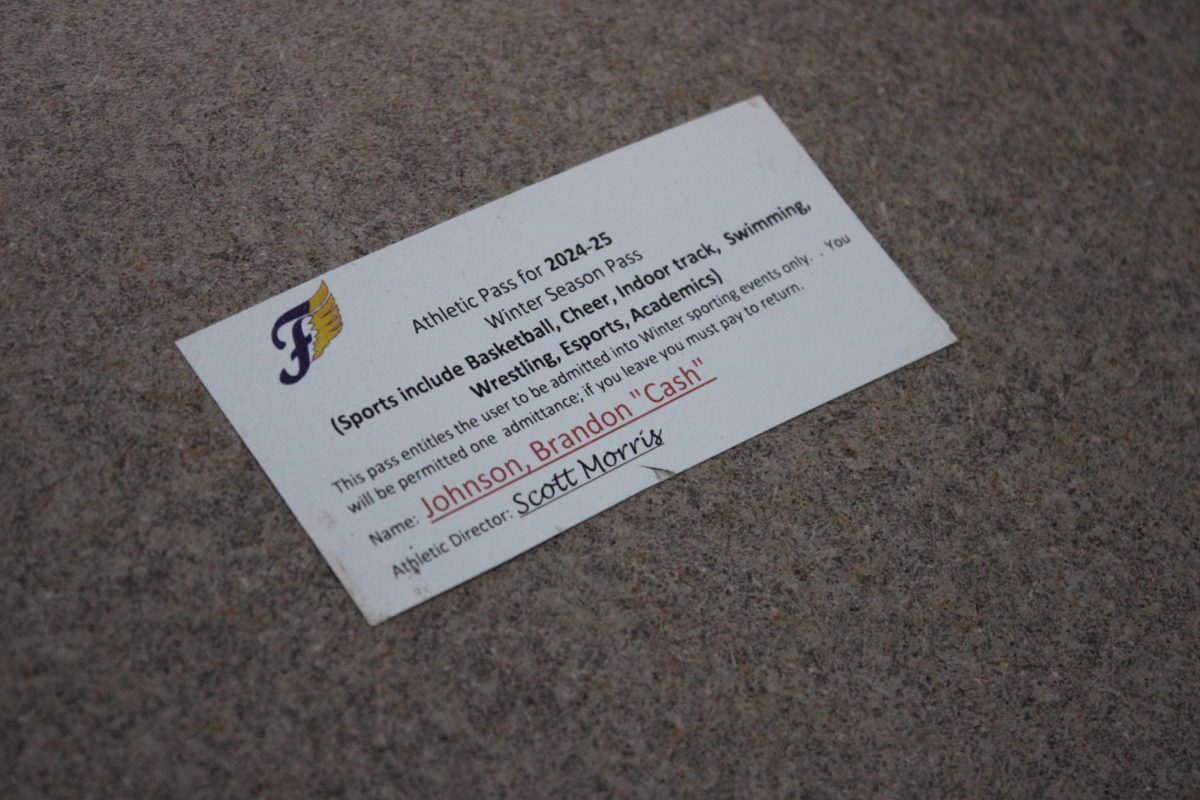National opinions on smoking have drastically changed over the past sixty years. According to author David Burns in his article titled “How Far We Have Come in the Last 50 Years in Smoking Attitudes and Actions, “In 1965, the prevalence of cigarette smoking for those over age 18 years was 51.9% among men and 33.9% among women. By 2011, prevalence had fallen to 21.6% among men and 16.5% among women.”
Since then, the percentage of people who smoke cigarettes has fallen even further. The U.S. Office of Disease Prevention and Health Promotion notes that “In 2023, 11.0 percent of adults aged 18 years and over were current cigarette smokers.”
That decline appears to reflect a reduction in the popularity of cigarette smoking, with Stanford University’s Professor of Pediatrics Bonnie Halpern-Felsher, Ph.D., noting that “adolescents today hold less favorable attitudes towards cigarettes.” In fact, it can be difficult for today’s students to understand that it used to be socially acceptable for youth under the age of 18 to smoke regularly.
Writing a letter to the editor of the “Fluco Co Quill” newspaper in 1971, former student Barry Barrett said the following:
I believe it should be made known to the staff and student of this high school that we, the students of Fluvanna Senior High School, are among the very few that are not permitted to smoke at school. There are no valid reasons that this should be so. There are a variety of places legally acceptable for such a purpose. It is the policy of our school and its administrators to refrain from pressing personal opinions and ideals upon the students. Isn’t smoking a very controversial subject? Is it not true that several of the school’s staff smoke cigarettes on campus, when and where they please? Then, I ask you, why are we to follow the rules set by those who don’t smoke and watch the rules be enforced by those who do? It seems very strange to me, and very hypocritical that all this should be so.
Today’s students may be surprised to see that Barrett doesn’t complain that smoking rules should be stricter, but more lenient. He was apparently angry that he and his peers weren’t able to smoke on campus while “hypocritical” teachers could.
Since the 70’s, however, more has been discovered the negative effects of cigarettes. While it’s common knowledge now that smoking is bad for you and can increase your chances for cancer and other diseases, it has also become socially unacceptable, quite a change from 1971 when many in the general public apparently believed that smoking was good for you and that you were the weird one if you chose not to smoke.
Fifty years later, teachers are no longer able to smoke on FCHS grounds (although perhaps few would want to), yet one thing remains the same: Students continue to be busted for smoking, although these days it is usually for smoking marijuana or vaping. In the words of French writer Jean-Baptiste Karr, “The more things change, the more they remain the same.”







